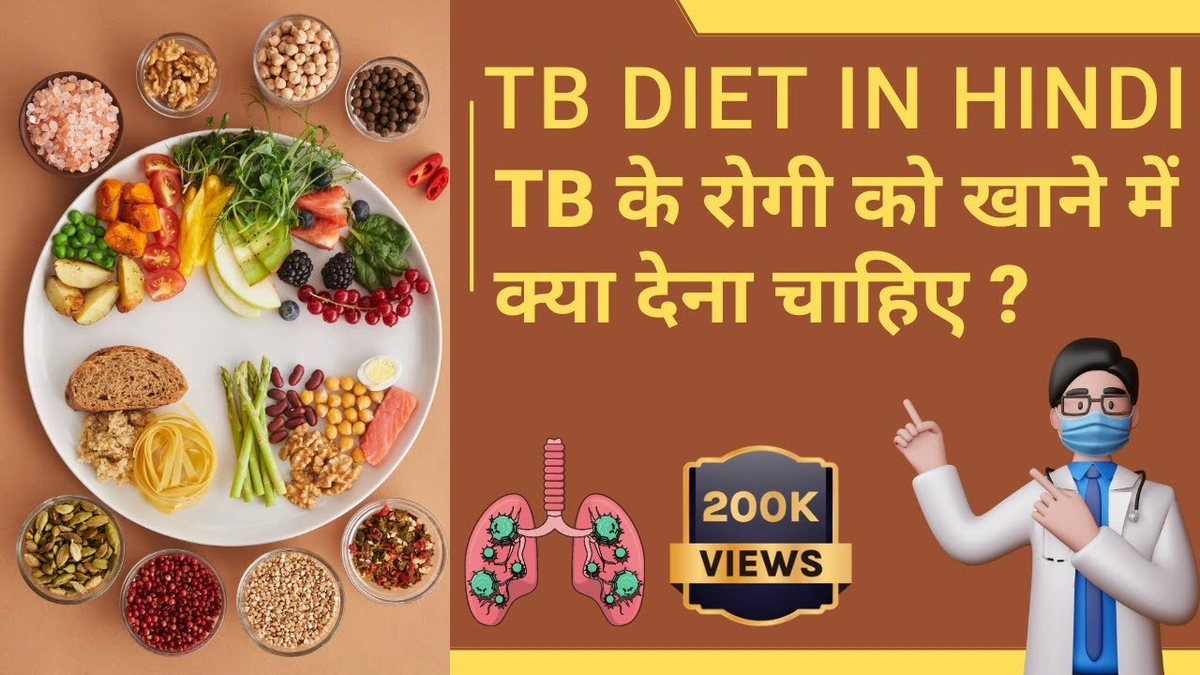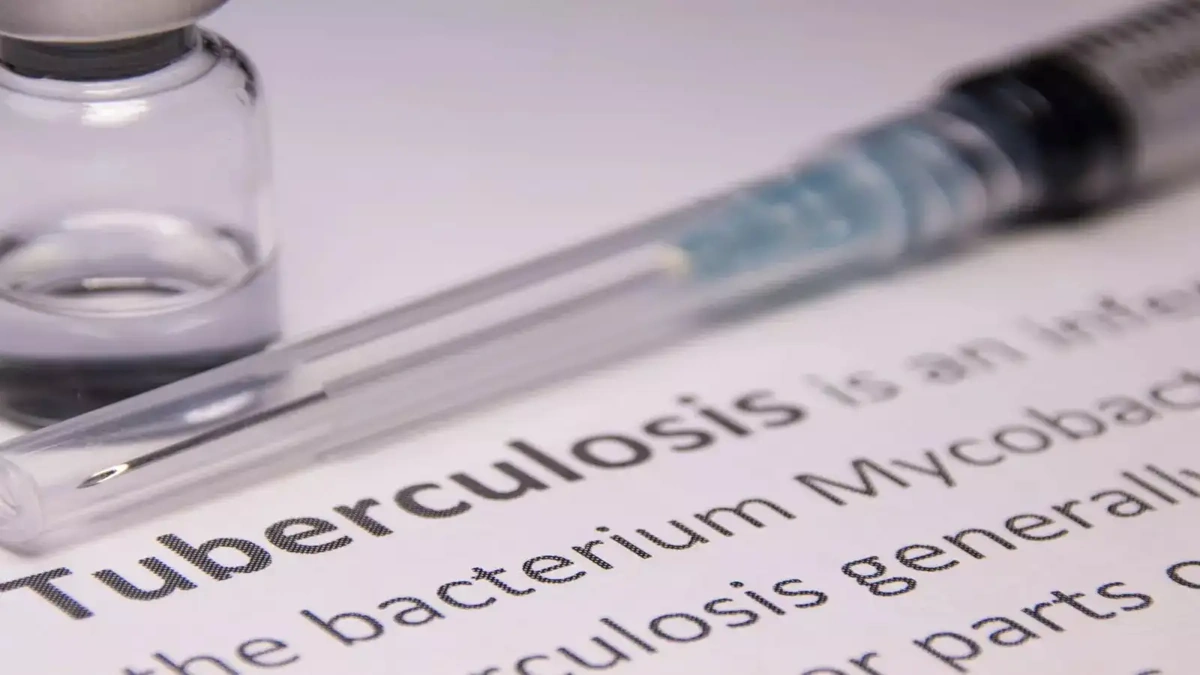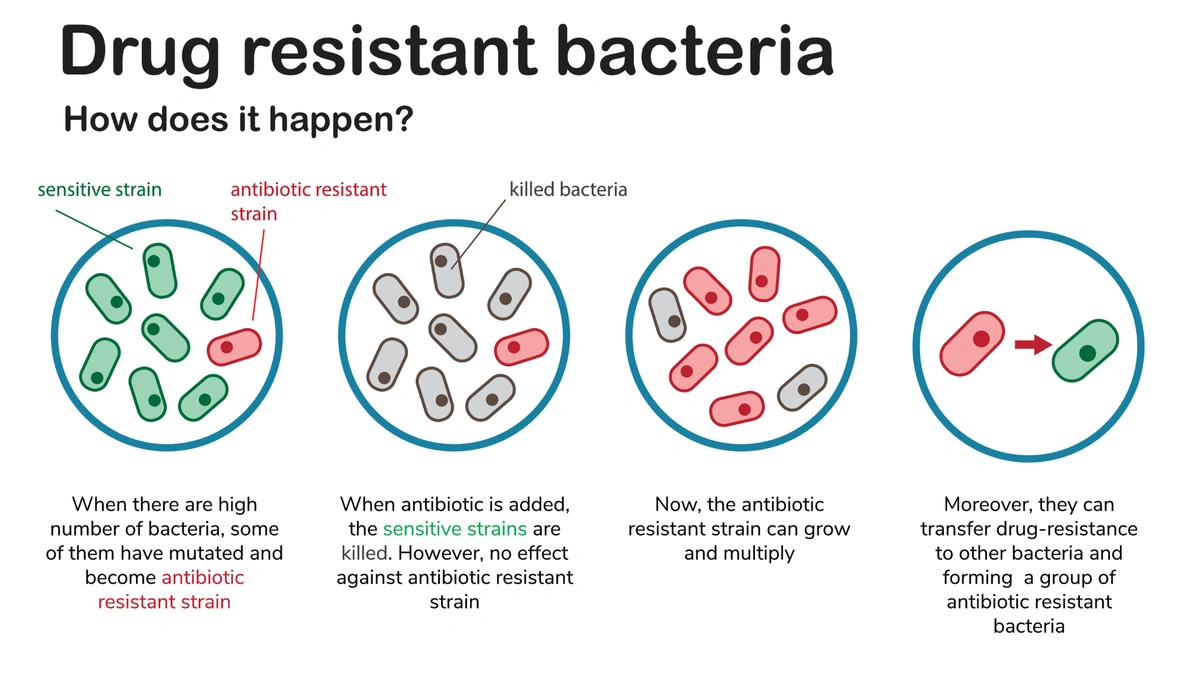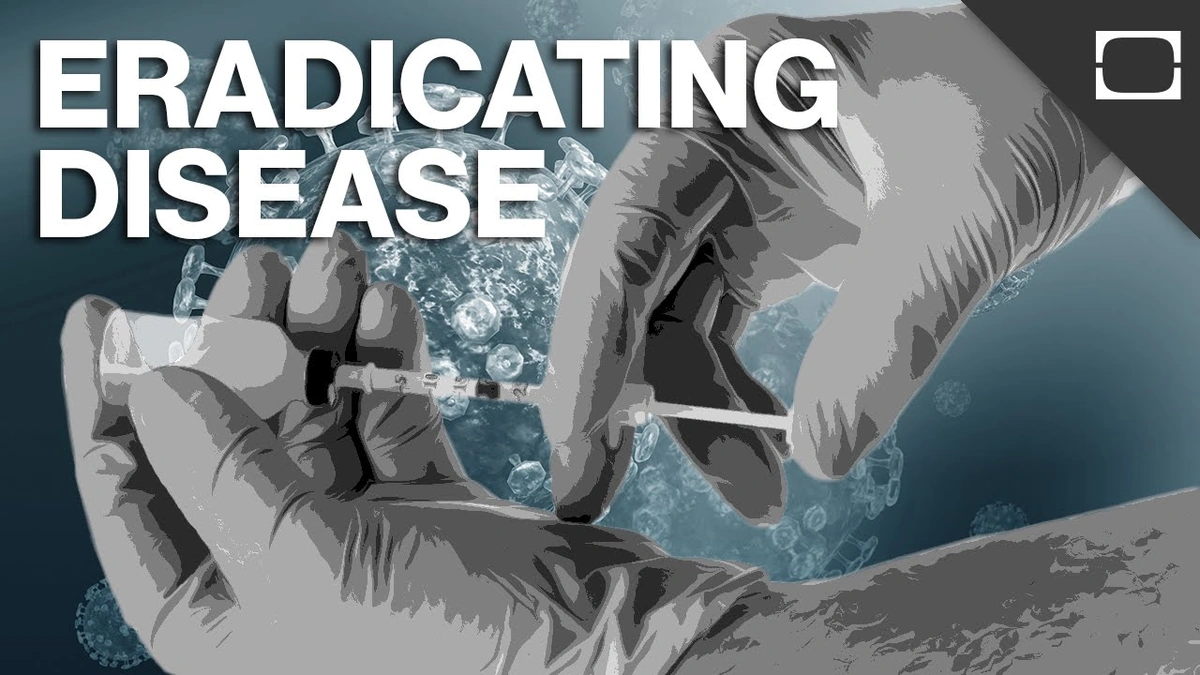Nutrition’s Role in Fighting Tuberculosis
Tuberculosis (TB) is a serious infectious disease that primarily affects the lungs. But here’s the thing – it doesn’t just attack anyone. It preys on weakened immune systems. And that’s where nutrition comes in. It’s not just about taking medication; it’s about fueling your body to fight back. Understanding TB nutrition is crucial, especially in a country like India where TB is still a significant public health challenge.
Why Nutrition Matters in TB Treatment

Let’s be honest, the medications used to treat TB can be harsh on the body. They can cause side effects like nausea, loss of appetite, and nutrient malabsorption. What fascinates me is that many people overlook how profoundly these side effects can worsen the situation. Imagine trying to recover while your body is simultaneously battling the illness and struggling to absorb the nutrients it needs. It’s a double whammy! Proper nutrition helps mitigate these side effects, supports the immune system, and aids in faster recovery. According to the World Health Organization (WHO), nutritional support is an integral part of TB care.
The Powerhouse Nutrients | What to Eat When Fighting TB
So, what exactly should you be eating? It’s not about fancy superfoods; it’s about a balanced diet rich in essential nutrients. Let’s break it down:
- Protein: Think of protein as the building blocks for repairing damaged tissues. Lean meats, poultry, fish, eggs, dairy products, beans, and lentils are excellent sources. A common mistake I see people make is not getting enough protein because of the medication side effects that curb their appetite.
- Vitamins and Minerals: Vitamins A, C, D, E, and B-complex vitamins, along with minerals like zinc, iron, and selenium, play a vital role in immune function. Load up on colorful fruits and vegetables – think spinach, carrots, oranges, and berries. They’re packed with antioxidants that fight inflammation.
- Healthy Fats: Don’t shy away from fats! Healthy fats, like those found in avocados, nuts, seeds, and olive oil, are essential for nutrient absorption and energy.
- Carbohydrates: Choose complex carbohydrates over simple sugars. Whole grains, brown rice, and millets provide sustained energy without causing drastic blood sugar spikes.
Specific Foods to Include in Your TB Diet
Let me rephrase that for clarity: I want to highlight some specific foods that are particularly beneficial when battling TB. Incorporating these into your diet can make a significant difference.
- Garlic: Garlic has potent antibacterial and anti-inflammatory properties. Include it in your cooking or consume it raw (if you can handle the taste!).
- Ginger: Ginger helps alleviate nausea and improves digestion, which is particularly helpful for those experiencing side effects from TB medication.
- Turmeric: Turmeric contains curcumin, a powerful antioxidant with anti-inflammatory benefits. Add it to your curries, soups, or even milk.
- Amla (Indian Gooseberry): Amla is a rich source of vitamin C and antioxidants, boosting immunity and fighting infection. You can eat it raw, pickled, or as a juice.
And remember, stay hydrated! Drink plenty of water to help flush out toxins and keep your body functioning optimally. Contaminated medications can also lead to dehydration,so, be cautious.
Addressing Malnutrition and Food Insecurity
But, and this is a big but, what happens when access to nutritious food is a challenge? Food insecurity and malnutrition are significant contributing factors to TB, especially in vulnerable populations. The government of India has several programs aimed at addressing this issue. For example, the National Tuberculosis Elimination Programme (NTEP) provides nutritional support to TB patients during their treatment. It’s crucial to ensure that these programs reach those who need them most. Furthermore, community-based interventions that promote nutrition education and access to affordable, nutritious food are essential for long-term TB control.
It is essential to note that access to clean water and sanitation also plays a huge role in the prevention of the spread of Tuberculosis. Proper hygiene practices can limit the contraction of the disease.
Now, here’s a crucial piece of the puzzle. A strong immune system is the first line of defense against TB. According to the latest guidelines from the Indian Council of Medical Research (ICMR), prioritizing immune-boosting foods is essential. This means loading up on vitamin C-rich fruits like oranges and amla, zinc-rich foods like nuts and seeds, and foods high in vitamin D.
Remember that malnutrition increases your susceptibility to the disease. So, focus on getting enough calories, proteins, and essential nutrients. This will help your body to combat the infection.
The role of vitamins like A, C, E, and D is also vital in combating TB. These vitamins are crucial to boost immunity and also for cellular repair.
Another important factor to consider is TB prevention, which is achieved by consuming a balanced diet and maintaining optimal hygiene.
And, what about dietary guidelines? Do you know the dietary guidelines recommended for Tuberculosis patients in India? Let me tell you something, consulting with a dietician is always a great option when deciding on your personalized diet chart.
FAQ | Nutrition and TB – Your Burning Questions Answered
Frequently Asked Questions
What if I have no appetite because of the TB medication?
Try eating small, frequent meals instead of large ones. Focus on nutrient-dense foods, and consider talking to your doctor about anti-nausea medication.
Can I take supplements to boost my nutrition?
It’s always best to consult with your doctor or a registered dietitian before taking any supplements. Some supplements can interact with TB medications.
What should I avoid eating during TB treatment?
Limit your intake of processed foods, sugary drinks, and alcohol. These can weaken your immune system and interfere with medication effectiveness.
Is there any specific time I need to eat specific foods to boost my body during TB treatment?
Consistency is the key here. Eating nutritious food on regular time intervals is a great option.
Can I drink milk during TB Treatment?
Yes, milk is a great source of nutrition that can help in TB treatment. Consult with your doctor to understand the quantity.
In conclusion, it’s not just about popping pills; it’s about nourishing your body from the inside out. The fight against TB is a marathon, not a sprint, and proper nutrition is the fuel you need to cross the finish line strong. And if you want to learn more, you can read about the recent news and developments in medication safety.













